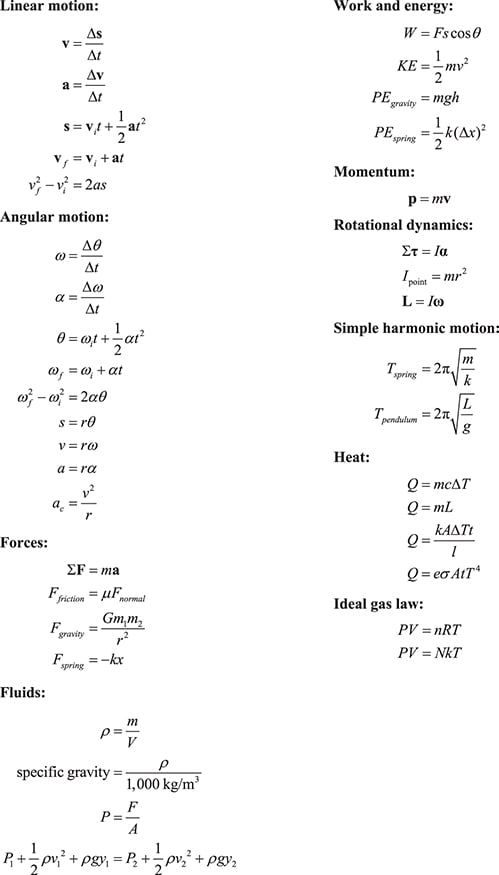Astrophysics is a branch of astronomy that seeks to understand the nature and properties of the universe through the application of the laws of physics. It explores the origins of the universe, the formation and evolution of galaxies, stars, planets, and other celestial bodies, as well as the fundamental forces and particles that govern the cosmos.
Stellar Phenomena
One of the key areas of study in astrophysics is the life cycle of stars. Stars are massive celestial objects that emit light and heat through nuclear fusion reactions in their cores. They are born from the gravitational collapse of dense clouds of gas and dust, go through various stages of evolution, and eventually die in spectacular events such as supernovae, neutron star formation, or black hole creation.
Cosmology and the Big Bang Theory
Cosmology is the study of the origin, evolution, and eventual fate of the universe as a whole. The prevailing theory of the origin of the universe is the Big Bang theory, which suggests that the universe began as a hot, dense state and has been expanding and cooling down ever since. This theory is supported by various pieces of observational evidence, such as the cosmic microwave background radiation and the redshift of distant galaxies.
Dark Matter and Dark Energy
Despite our extensive knowledge of the visible universe, there are still many mysteries that remain unsolved. One of the biggest puzzles in astrophysics is the nature of dark matter and dark energy, which are believed to make up the majority of the universe’s mass-energy content. Dark matter does not emit, absorb, or reflect light, but exerts a gravitational influence on visible matter. Dark energy, on the other hand, is a mysterious force that causes the universe’s expansion to accelerate.
Future Frontiers in Astrophysics
As technology advances and observational capabilities improve, astrophysicists continue to push the boundaries of our understanding of the universe. New research instruments such as the James Webb Space Telescope, the Large Synoptic Survey Telescope, and the Square Kilometre Array promise to revolutionize our knowledge of the cosmos and shed light on some of the most pressing questions in astrophysics.
From the birth and death of stars to the origins of the universe itself, astrophysics offers a fascinating glimpse into the inner workings of the cosmos. By delving into the principles of physics and applying them to the vastness of space, astrophysicists are able to unravel the mysteries of the universe and unlock its deepest secrets.
